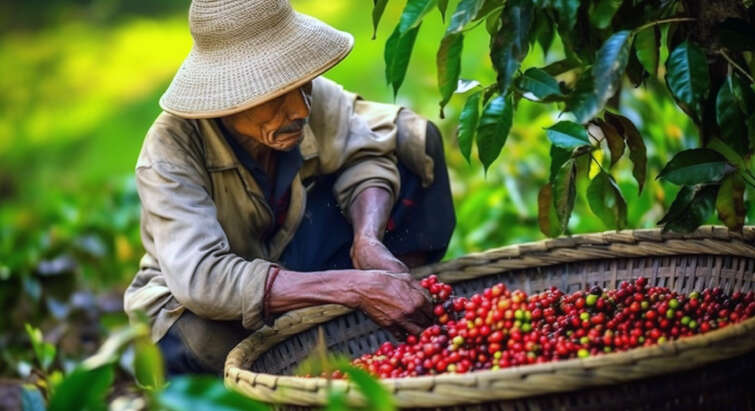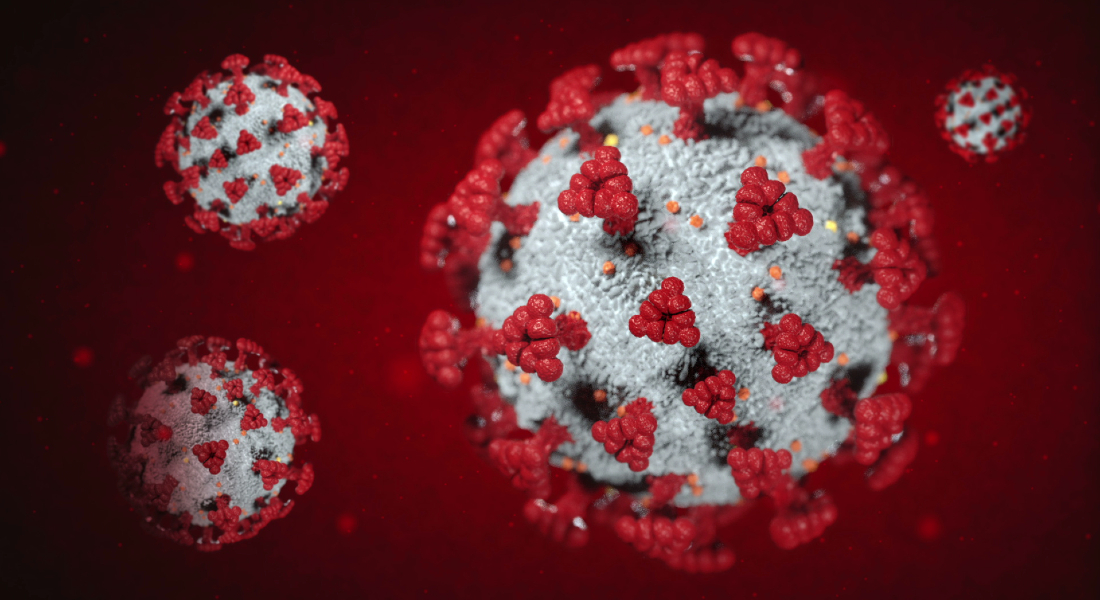
Brazilian coronavirus variant likely to be more transmissible and able to evade immunity
A new study with the University of Copenhagen represented indicates that the coronavirus variant called P.1, which originated in Brazil, could pose a bigger threat than previously assumed. The researchers conclude that it is likely that P.1 is more transmissible than other strains of SARS-Cov2 and that might be able to evade immunity gained from previous infection with coronavirus.

Even though more and more vaccines against the coronavirus are being administered all over the world, many countries are still battling with outbreaks and face difficulties providing help to those in need.
One of those countries is Brazil. Here, they are facing a massive second wave outbreak, many daily deaths and instances of the health care systems collapsing. In the city of Manaus things have looked exceptionally bleak from December and through to the early spring.
Our results do underline the fact that more surveillance of the infections and of the different strains of the virus is needed in many countries in order to get the pandemic fully under control
The city was hit so hard by the first wave in 2020 that it was actually thought to be one of the few places in the world to have reached herd immunity. An estimated 75 percent of the population in the city had been infected. But then the second wave hit in November and December.
Now, a new study published in Science with collaborators from Brazil, the UK and University of Copenhagen has shed a light on why Manaus is facing these difficulties again.
‘Our main explanation is that there is an aggressive variant of the coronavirus called P.1 which seems be the cause of their problems. Our epidemiological model indicates that P.1 is likely to be more transmissible than previous strains of coronavirus and likely to be able to evade immunity gained from infection with other strains’, says corresponding author to the new study, Samir Bhatt, a researcher at the Department of Public Health at University of Copenhagen.
Emerged in November
The researchers used many forms of data from Manaus to characterize P.1 and its properties including 184 samples of genetic sequencing data. They find that genetically speaking P.1 is different from the previous strains of coronavirus. It has acquired 17 mutations including an important trio of mutations in the spike protein (K417T, E484K and N501Y).
‘Our analysis shows that P.1 emerged in Manaus around November 2020. It went from not being detectable in our genetic samples to accounting for 87 percent of the positive samples in just seven weeks. It has since spread to several other states in Brazil as well as many other countries around the world’, says Samir Bhatt.
Modelling using machine learning
The researchers then used an epidemiological model to estimate how transmissible P.1 seemed to be. As well as estimating signs of P.1 evading immunity gained from previous infection.
‘Roughly speaking, our model incorporates many data sources such as mortality counts and genetic sequences and compares two different virus strains to see which one best explains the scenario that unfolded in Manaus. One was the ‘normal coronavirus’ and the other was dynamically adjusted using machine learning to best fit the actual events in Brazil’, says Samir Bhatt.
This modeling allowed the researchers to conclude that P.1 is likely to be between 1.7 and 2.4 times more transmissible than non-P1-lineages of the coronavirus.
They also conclude that P.1 is likely to be able to evade between 10 and 46 percent of the immunity gained from infection with non-P.1 coronavirus.
‘As researchers, we have to caution extrapolating these results to be applicable anywhere else in the world. However, our results do underline the fact that more surveillance of the infections and of the different strains of the virus is needed in many countries in order to get the pandemic fully under control’, ends Samir Bhatt.
The new study is out now in Science: “Genomics and epidemiology of the P.1 SARS-CoV-2 lineage in Manaus, Brazil”
Contact:
Press Officer Mathias Traczyk
+45 93 56 58 35
mathias.traczyk@sund.ku.dk

